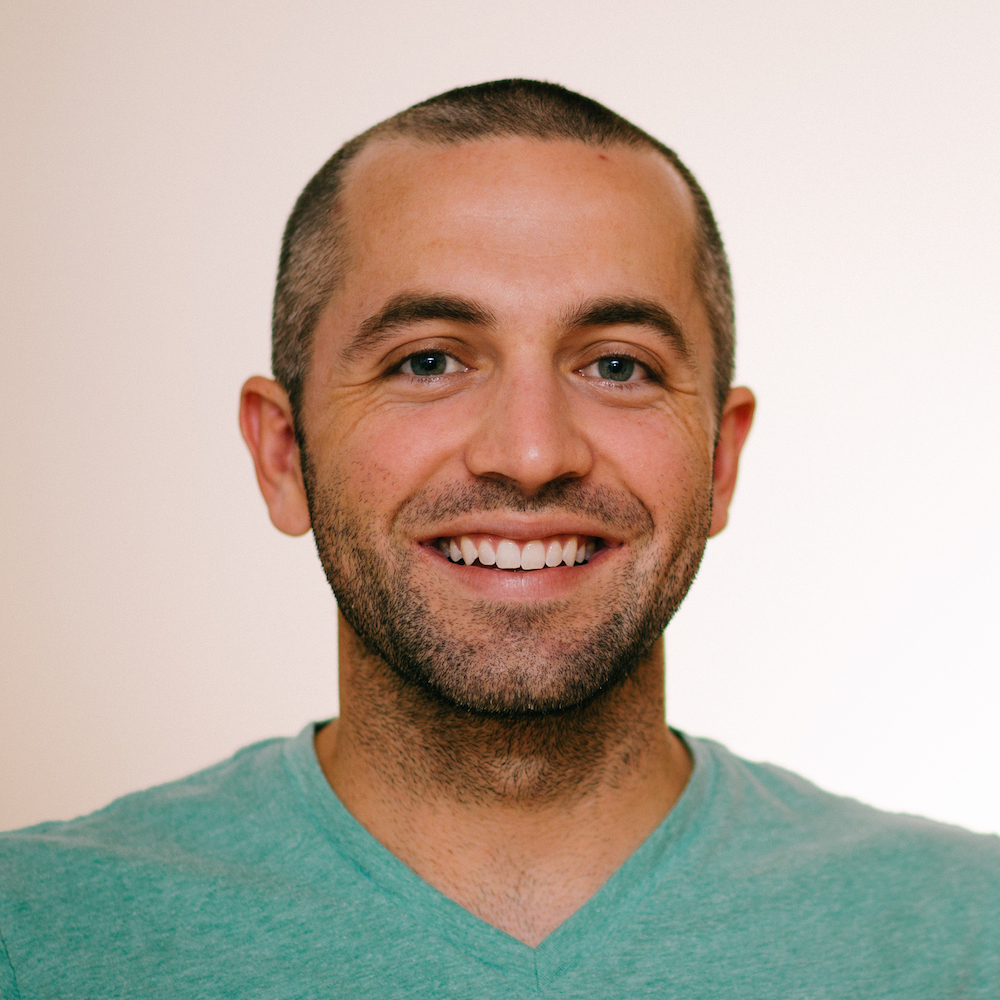"When you look back six months from today and don’t feel embarrassed by your naiveté, there’s a problem." — Nathan Bashaw
Hey All,
Happy Thursday!
This is one of my favorite issues to date. I hope you enjoy reading it as much as I did curating it. As always, if you're feeling inspired, pass it on.
A short post from one of my new favorite blogs, The Minimalists.
For most of us, someday is the single most dangerous word we utter: it grants us the illusion of future possibility without having to focus on that which is important today. Just imagine, though, how different your life would be if your lists switched titles: what if you flipped the page and made someday happen today? Or worse, what if you wait? Years from now you might be sitting around pining for someday to arrive someday.
The Sunk Coast Fallacy via @notsmartblog
This is really interesting way to examine the decisions we make about work and life. Just because you're invested in something doesn't mean it should be your default choice.
Hal Arkes and Catehrine Blumer created an experiment in 1985 which demonstrated your tendency to go fuzzy when sunk costs come along. They asked subjects to assume they had spent $100 on a ticket for a ski trip in Michigan, but soon after found a better ski trip in Wisconsin for $50 and bought a ticket for this trip too. They then asked the people in the study to imagine they learned the two trips overlapped and the tickets couldn’t be refunded or resold. Which one do you think they chose, the $100 good vacation, or the $50 great one?
Over half of the people in the study went with the more expensive trip. It may not have promised to be as fun, but the loss seemed greater. That’s the fallacy at work.
How to Take Notes Like an Alpha-Geek via @tferriss
I'm writing a guide to note taking apps for Zapier, so I've been doing quite a bit of research on taking notes lately. Here's one of the best posts I've come across, courtesy of Tim Ferriss.
I trust the weakest pen more than the strongest memory, and note taking is — in my experience — one of the most important skills for converting excessive information into precise action and follow-up.
Nobody Knows What The Hell They Are Doing via @oliverburkeman
We're all just winging it.
Albert Einstein said, "The more I learn, the more I realize how much I don't know." The tricks seems to be accepting that others feel the same anxiety that you do.
Research suggests that the so-called "impostor syndrome" may get worse as people get better: the more accomplished you get, the more likely you are to rub shoulders with ever more talented people, leaving you feeling even more inadequate by comparison.
Thank Ann Pohl for suggesting this one.
Embrace Constraints via @basecamp
On a recent episode of the Tim Ferriss podcast, Tim (a night owl) explains that he's trying to get himself into a better routine. So he got a puppy. The puppy needs walks, bathroom breaks, training, etc. and it's forced him to stay on schedule.
It's an interesting take on positive constraints — the kind that help you get more done or be happier.
Let limitations guide you to creative solutions
There's never enough to go around. Not enough time. Not enough money. Not enough people.
That's a good thing.
Instead of freaking out about these constraints, embrace them. Let them guide you. Constraints drive innovation and force focus. Instead of trying to remove them, use them to your advantage.
Have a great week!
Jimmy
